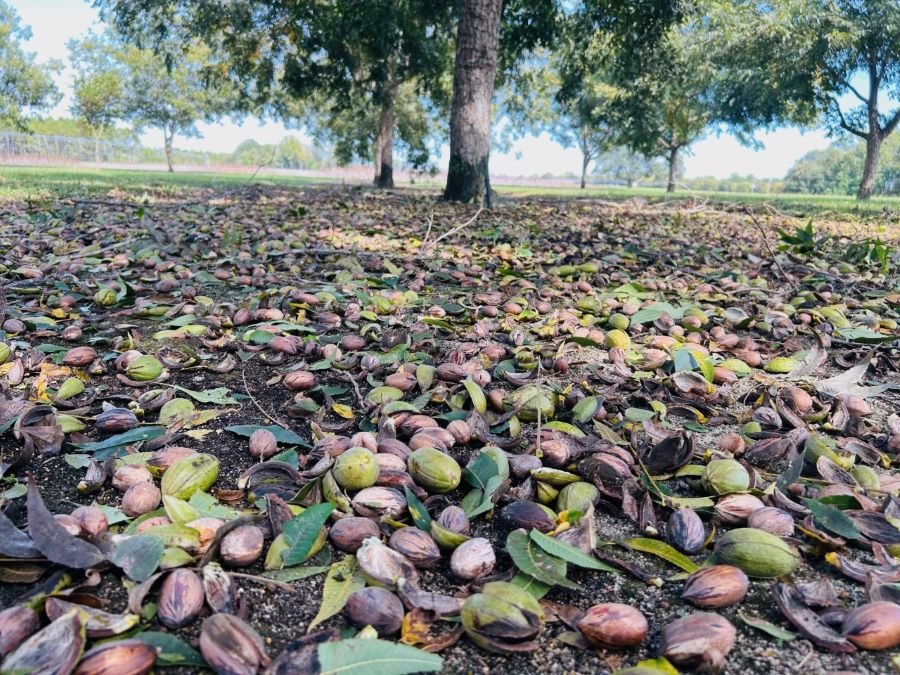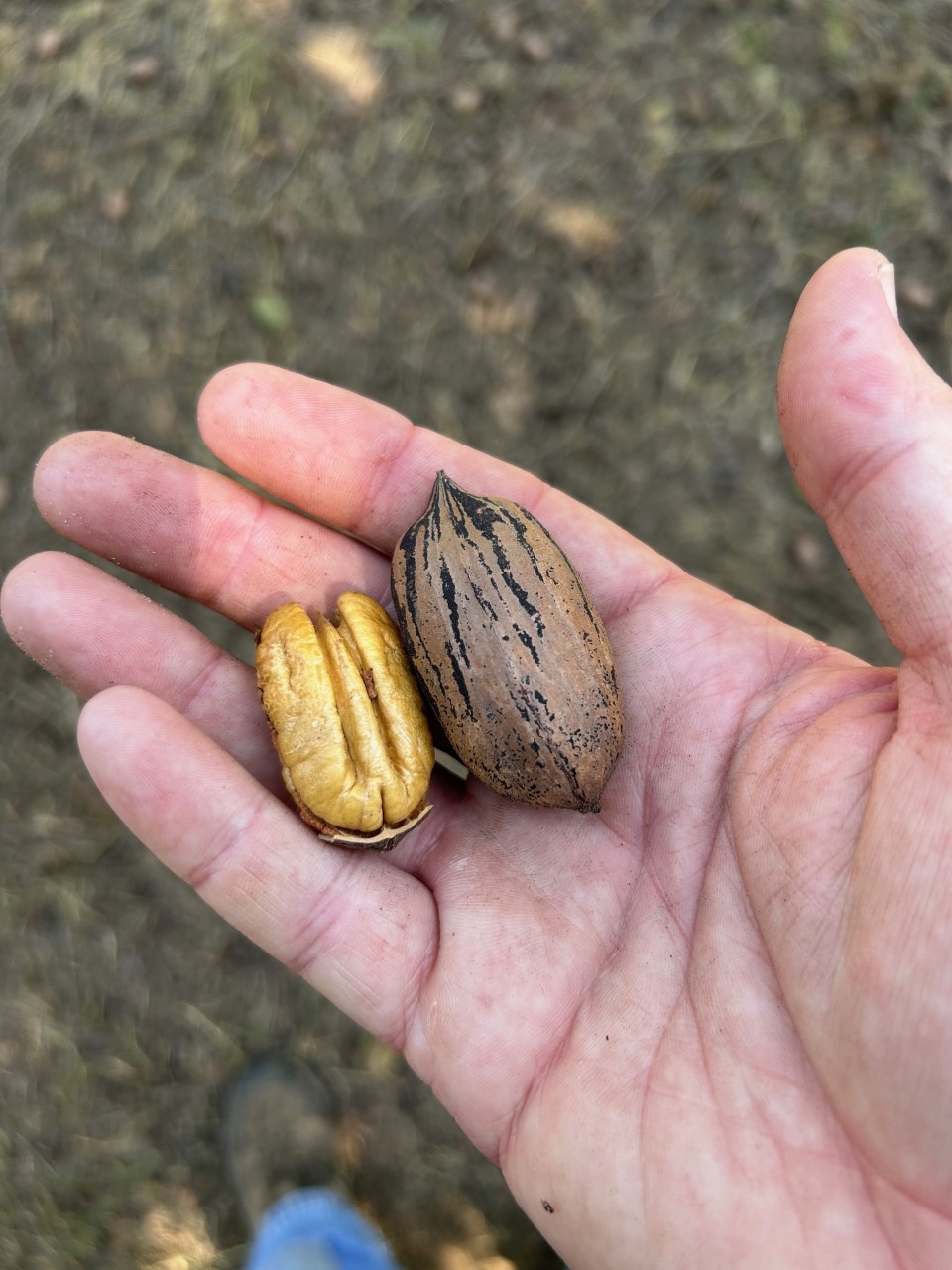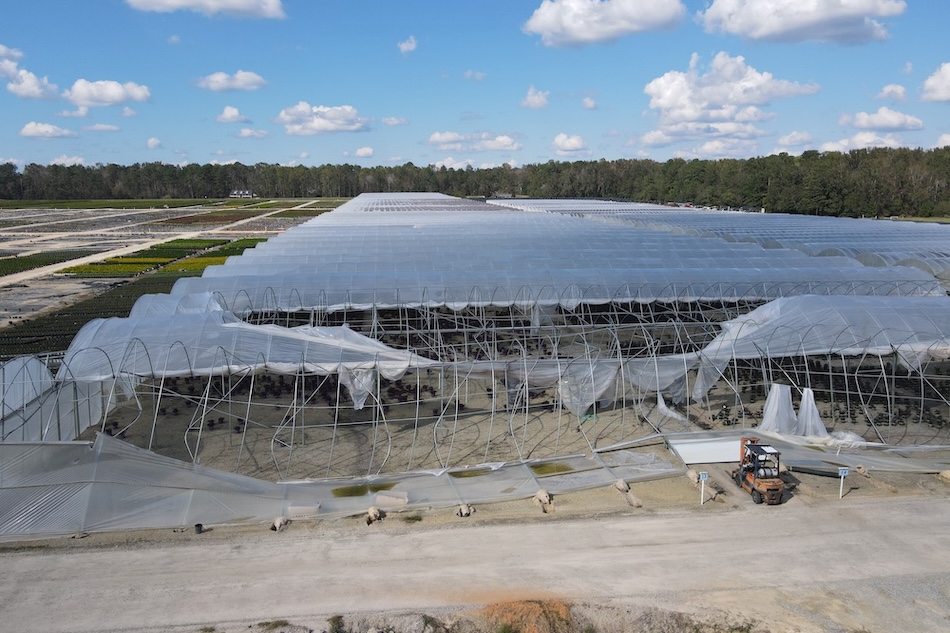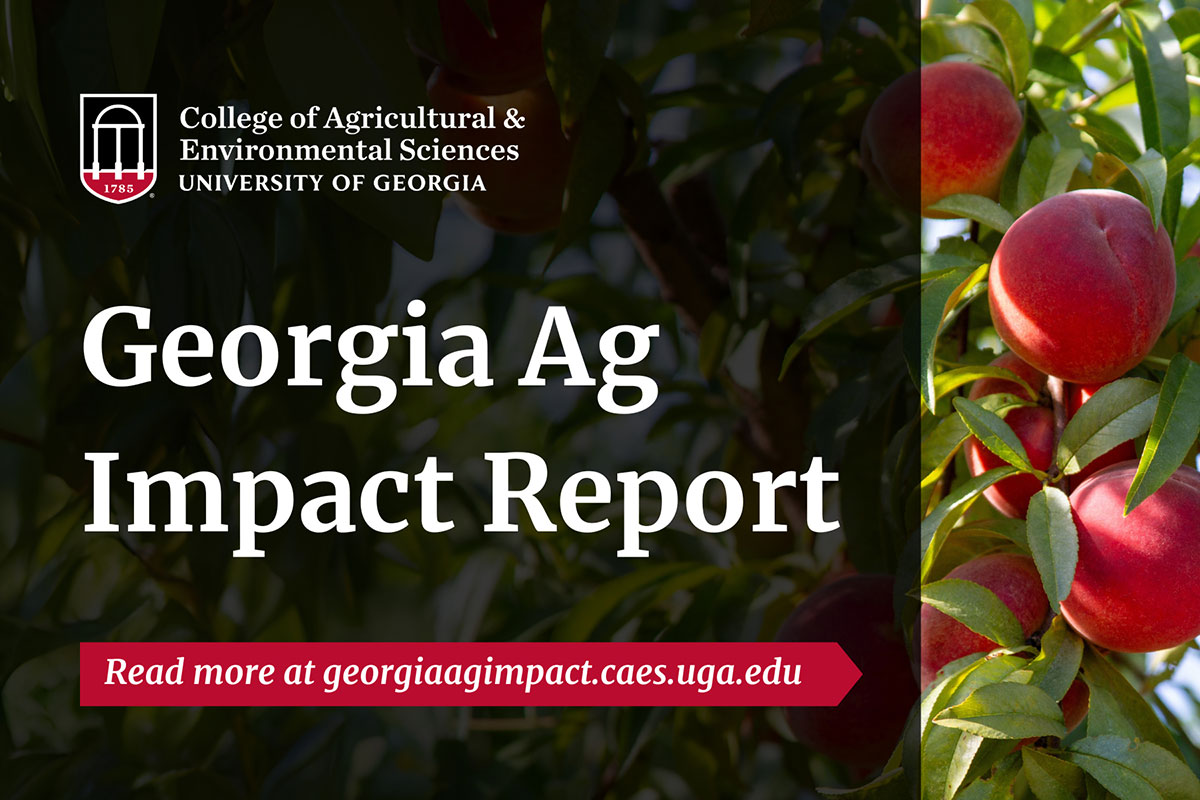
Georgia pecan growers are celebrating a huge win as India reduced tariffs on imported pecans by 70% last week following a decades-long effort to open that market for the popular tree nut.
Trade missions over the years have sought out viable market opportunities for pecans, which are native to the southeastern U.S. and northern Mexico, but with a historic 100% customs tax on pecans, the market was essentially closed to the global pecan industry — until now.
U.S. Sen. Jon Ossoff, along with Bob Redding of the National Pecan Federation, state and federal representatives and grower associations, worked with trade negotiators and Indian government officials to finally secure this monumental opportunity as of Feb. 1.
Jeff Worn, president and chief executive officer at South Georgia Pecan Company, explained that while this is a huge success for the pecan industry, getting the tariffs decreased is just the first step.
Worn, who is on the American Pecan Council Board and serves on the marketing committee for the American Pecan Promotion Board, said, “I’ve been traveling to India since 2011 doing initial discovery, gaining a better understanding of consumer diets and forming partnerships with potential investors who already do a considerable amount of trade with almonds, walnuts and pistachios. We’ve done extensive research at the federal marketing level to understand the Indian consumer, which will help guide marketing efforts and give our boards the confidence to invest.”
Now the work begins on educating consumers on why pecans are a superior nut product, explained Will Easterlin, owner of Easterlin Pecan Company, a leading supplier of Georgia pecans. “A large percentage of that population has probably never heard of or tasted a pecan, but once they try it, they will be hooked.”
Growers anticipate that exports to India, which has the world’s second-largest population, will help grow the pecan industry back from setbacks endured in recent years.

“China had been a significant buyer of pecans globally, buying between 70 to 80% of Georgia pecans directly,” said Lenny Wells, University of Georgia Cooperative Extension pecan specialist and horticulture professor in the College of Agricultural and Environmental Sciences. “When the trade wars started in 2018 between the U.S. and China, our growers had to reabsorb those exports and move their product to the domestic market.”
Fortunately, demand had been increasing domestically as health-conscious consumers were attracted to pecans’ benefits, allowing growers to sell their product reasonably well in the U.S., explained Wells.
However, in October 2018, shortly after the trade wars began, Hurricane Michael – the first Category 5 hurricane to make landfall in the U.S. — devastated the industry as it tore through south Georgia where most pecans are grown in the state.
Scott Hudson, owner of Hudson Pecan Company, said, “If there is a silver lining, it would be that we had to plant back our orchards with thousands of new trees. We primarily selected newer, hybrid varieties that require fewer inputs, have less disease, and are cheaper and easier to grow overall. Georgia will be better for it in the next five to ten years as those trees start coming into production.”
After another difficult production season with record-high input prices and lower domestic and global sales in the prolonged wake of the COVID pandemic, Hudson said he is going into next season with renewed optimism in light of the tariff cuts.
Hudson explained that despite best efforts to sell pecans domestically over the last few years, the global surplus has driven prices down, especially when competing with other countries that are able to sell their product for a lower price.
“There is a lot of competition between pecan growers here in the U.S. and around the world, but at the end of the day, we just need to sell all the pecans in order to grow as an industry. We need every market we can get right now. It’s like my father and grandfather always said, ‘It doesn’t matter who grows the pecan or who sells the pecan, as long as it’s grown and as long as it’s sold,’” he said.
Hudson said he’s hopeful that Indian consumers will truly get a taste of Georgia pecans and experience the difference. “And if demand goes through the roof,” he said, “I can tell you we will plant more trees.”



